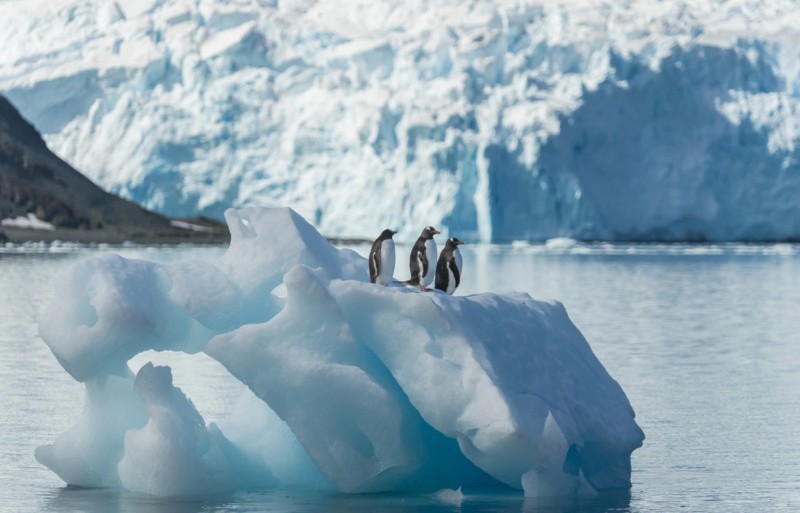
Credit: Alessandro Dahan / Getty
Climate change is starting to alter how humans keep time.
An analysis1 published in Nature on 27 March has predicted that melting ice caps are slowing Earth’s rotation to such an extent that the next leap second — the mechanism used since 1972 to reconcile official time from atomic clocks with that based on Earth’s unstable speed of rotation — will be delayed by three years.
“Enough ice has melted to move sea level enough that we can actually see the rate of the Earth’s rotation has been affected,” says Duncan Agnew, a geophysicist at the Scripps Institution of Oceanography in La Jolla, California, and author of the study.
According to his analysis, global warming will push back the need for another leap second from 2026 to 2029. Leap seconds cause so much havoc for computing that scientists have voted to get rid of them, but not until 2035. Researchers are especially dreading the next leap second, because, for the […]









